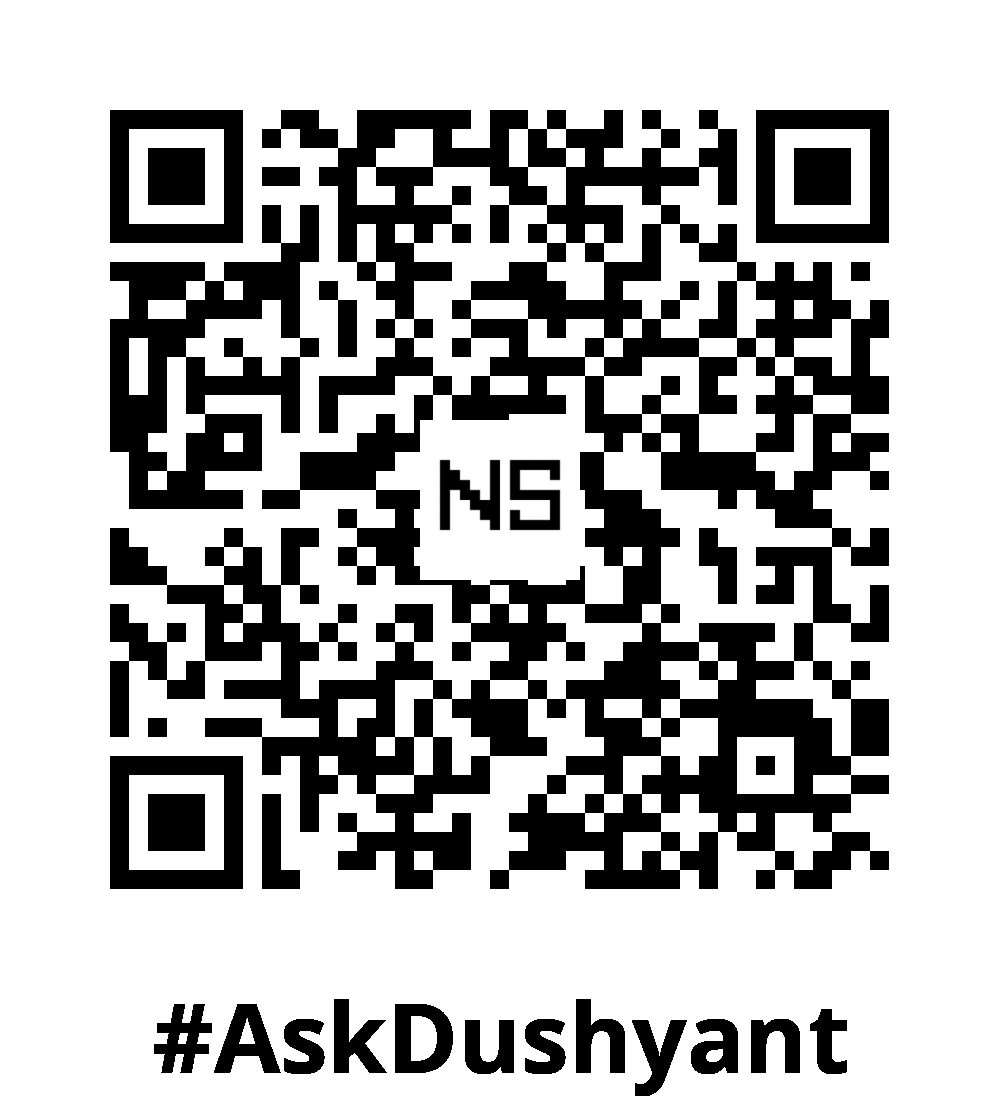As a seasoned professional in the SaaS industry, with extensive experience spanning across edutech, travel, and HR domains, I have witnessed firsthand the transformative power of Software as a Service (SaaS) in shaping the way businesses cater to their end customers. SaaS has emerged as a game-changer, revolutionizing how software applications are delivered and utilized. SaaS offers a wide range of features and purposes that enable companies to leverage cutting-edge technology without the hassle of managing complex infrastructure. In this Tech Concept, I will share the dynamic world of SaaS and how it has shaped businesses to serve their end customers better in the ever-evolving digital landscape. SaaS has paved the way for seamless and efficient solutions, enriching the lives of end users across diverse industries.
Understanding SaaS: Features and Purpose
Software as a Service (SaaS) is a cloud computing model that provides software applications over the internet on a subscription basis. In this model, the software is hosted and maintained by a third-party service provider, who takes care of all the backend infrastructure, security, and updates. Users can access the software through internet medium like web browser, mobile apps etc, without the need for installation or local server management. It operates on a subscription-based model, enabling businesses to pay for the services they use, scaling up or down based on their requirements.
SaaS offers several key advantages, making it a popular choice for businesses and individuals alike:
- Accessibility: SaaS applications can be accessed from any device with an internet connection, enabling users to work remotely and collaborate seamlessly.
- Cost-Effectiveness: SaaS eliminates the need for upfront hardware and software investments, as well as the costs associated with maintaining on-premises infrastructure. Instead, users pay a recurring subscription fee based on usage, making it a cost-effective option for businesses of all sizes.
- Automatic Updates: SaaS providers handle software updates and maintenance, ensuring that users always have access to the latest features and security enhancements without any manual effort.
- Scalability: SaaS platforms are designed to accommodate the varying needs of users. Businesses can easily scale up or down based on their requirements, adding or removing users and features as needed.
- Quick Deployment: With SaaS, there is no need for complex installation processes. Users can start using the software immediately after signing up, enabling rapid deployment and time-to-market.
- Data Security: SaaS providers implement robust security measures to protect data and ensure privacy, alleviating concerns about data breaches and unauthorized access.
SaaS applications cover a wide range of industries and use cases, from customer relationship management (CRM) and project management to accounting, human resources, and more. With SaaS, businesses can focus on their core operations, while benefiting from advanced software solutions that enhance productivity, efficiency, and customer experience. The SaaS model continues to evolve, driving innovation and transforming how software is delivered and utilized in the digital era.
How SaaS is Implemented
SaaS is implemented through a cloud-based infrastructure, where the software applications are hosted and maintained by third-party providers. These providers manage the application’s servers, databases, and security, allowing businesses to focus on their core operations without worrying about IT complexities. Users access the SaaS applications through web browsers, ensuring a seamless and user-friendly experience.
Some of the Use Cases in Business World
- Customer Relationship Management (CRM): SaaS-based CRM platforms empower businesses to manage customer data, track interactions, and automate sales processes, streamlining customer relationship management.
- Human Resources (HR) Management: SaaS HR software offers comprehensive solutions for employee management, payroll processing, and talent acquisition, enabling HR teams to efficiently handle diverse workforce needs.
- Project Management: SaaS project management tools facilitate collaboration, task tracking, and resource allocation, promoting efficient project execution for teams of all sizes.
- Financial Management: SaaS-based accounting and financial management software simplify financial operations, including invoicing, expense tracking, and budgeting, optimizing financial processes for businesses.
My Tech Advice: SaaS, the Software as a Service model, has revolutionized the way businesses utilize software applications, providing a seamless and cost-effective solution for various business needs. With its accessibility, automatic updates, scalability, and cost-efficiency, SaaS empowers businesses to focus on their core competencies while leveraging cutting-edge technology. From CRM to HR management and project collaboration, SaaS continues to drive innovation and efficiency across various industries. As businesses embrace the power of SaaS, they unlock a new era of flexible and scalable solutions, elevating their operations and driving growth in the dynamic digital landscape.
#AskDushyant


Leave a Reply